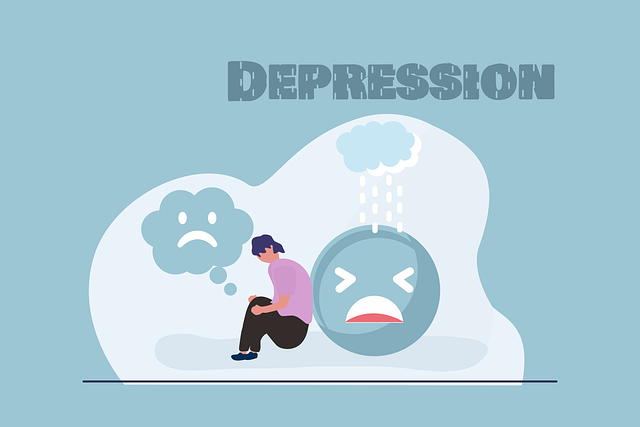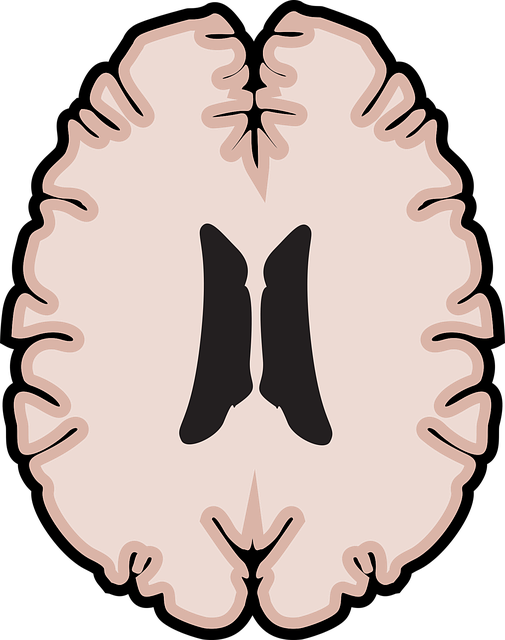First responders face high risks of mental health issues like PTSD, depression, and anxiety due to traumatic job events. Therapy for First Responders is crucial to address these challenges through specialized care. This includes evidence-based therapies like CBT, mindfulness meditation, peer support groups, and stress reduction techniques. Tailored therapy, combined with accessible support systems, empowers first responders to build resilience, process trauma, and thrive both personally and professionally.
“Mental health challenges are prevalent among first responders, who frequently face traumatic situations. This article offers a comprehensive guide to navigating mental illness diagnosis and treatment for these brave individuals. We explore the unique struggles faced by first responders, providing insights into effective strategies for understanding their mental health needs.
Through this journey, we’ll uncover valuable resources and support systems, ensuring continuous healing and growth. Discover how tailored therapy for first responders can be a game-changer in managing stress and trauma.”
- Understanding Mental Health Challenges Faced by First Responders
- Navigating Diagnosis and Treatment Options Effectively
- Resources and Support for Continuous Healing and Growth
Understanding Mental Health Challenges Faced by First Responders

First responders, including police officers, firefighters, and paramedics, often face unique mental health challenges stemming from their exposure to trauma, violence, and high-stress situations. The nature of their work can lead to an increased risk of developing various mental illnesses such as post-traumatic stress disorder (PTSD), depression, and anxiety disorders. These professionals may struggle with managing intense emotions, reliving traumatic events through flashbacks or nightmares, and experiencing significant changes in mood and behaviour.
Therapy for first responders plays a crucial role in addressing these complex emotional healing processes. Specialized mental health services tailored to their specific needs can help them navigate the challenges of their professions. Mental wellness is not just the absence of illness but a state of optimal well-being, which includes psychological resilience. Through evidence-based therapies and support systems, first responders can enhance their coping mechanisms, improve stress management, and develop strategies to prevent or mitigate the onset of mental health issues. Mental health policy analysis and advocacy are essential components in ensuring that these individuals have access to quality care and resources, fostering a culture that prioritises their mental wellness.
Navigating Diagnosis and Treatment Options Effectively

Navigating diagnosis and treatment options for mental health conditions can be a daunting task, especially for first responders who often bear unique stressors and challenges. Effective navigation begins with accurate assessment by qualified professionals who understand the specific needs of first responder communities. This involves comprehensive evaluations that consider both the individual’s personal history and their exposure to traumatic events on the job.
Once diagnosed, exploring tailored therapy options becomes crucial. Evidence-based approaches such as cognitive behavioral therapy (CBT) and mindfulness meditation have proven effective in managing stress and promoting emotional healing processes. Many first responders also find solace in peer support groups and specialized programs designed to foster resilience and cope with the unique pressures of their professions. These resources can significantly improve outcomes, ensuring that first responders receive the compassionate care they deserve.
Resources and Support for Continuous Healing and Growth

Mental illness diagnosis can be a challenging milestone, but it’s just the first step toward healing and growth. Continuous support is crucial for individuals navigating this journey. Fortunately, various resources and support systems are available to assist in the process. Therapy specifically tailored for first responders offers unique advantages, providing safe spaces to process trauma, enhance coping mechanisms, and build resilience. This specialized approach combines evidence-based practices with an understanding of the unique challenges faced by those in emergency services.
Complementing these therapies, stress reduction methods play a vital role in fostering well-being. Techniques such as mindfulness meditation, deep breathing exercises, and progressive muscle relaxation can be integrated into daily routines to combat ongoing stress and anxiety. Additionally, confidence boosting strategies and resilience building activities empower individuals to overcome adversity and cultivate a positive mindset. These combined approaches create a holistic support system, enabling individuals to not only manage their mental health but also thrive in their personal and professional lives.
Mental illness diagnosis and treatment navigation assistance is a vital resource for first responders facing unique challenges. By understanding the specific mental health issues prevalent in this profession, effectively navigating diagnostic processes, and leveraging available support systems, including specialized therapy for first responders, continuous healing and growth can be fostered. Embracing these steps ensures first responders receive the care they deserve, enabling them to return to their crucial roles with enhanced resilience and well-being.














